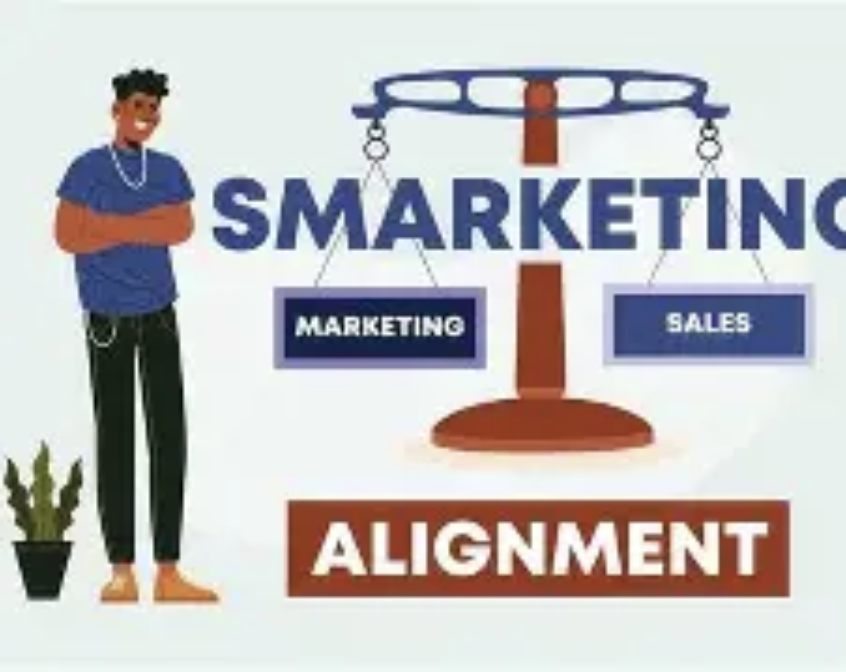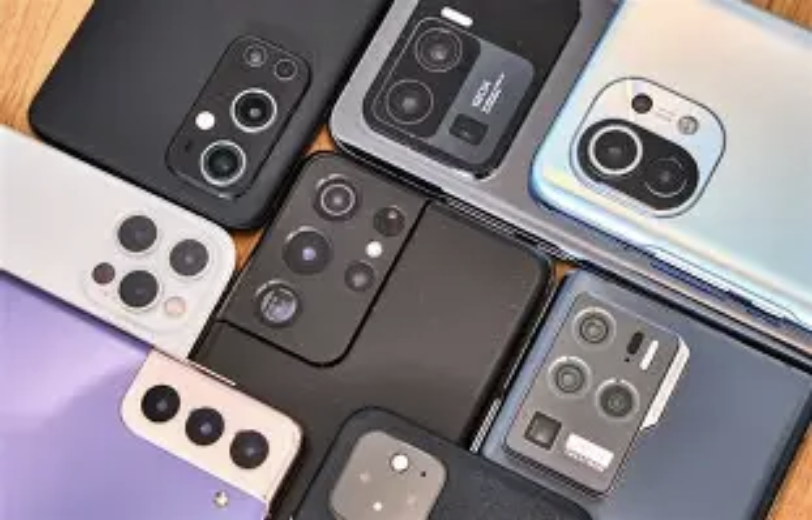Tech Entrepreneurship: Not Programmers' Patent
For many years, technology entrepreneurship has been linked to brilliant coders working in garages. However, the current landscape of innovation illustrates a different narrative: many of the most groundbreaking tech startups are often steered by designers, professionals in healthcare, or even ex-marketing specialists. For wealthy individuals looking to seize the next significant opportunity, this transformation unveils a compelling reality—technology entrepreneurship focuses less on programming and more on addressing unmet demands with innovative ideas.

User experience, often abbreviated as UX, has become essential for successful tech solutions, with designers at the forefront. Consider a high-end smart home brand created by an individual who previously worked as an interior designer—rather than concentrating on technical specifications, it emphasizes the smooth incorporation of technology into luxurious living environments, resulting in products that harmoniously combine beauty and practicality. Such companies succeed not due to coding abilities, but through a deep comprehension of how wealthy individuals engage with their surroundings.
Industry Professionals as Solution Creators
Healthcare technology firms exemplify this trend: a significant number are initiated by medical professionals or healthcare administrators who noticed deficiencies in patient treatment. A noteworthy initiative, spearheaded by a heart specialist, created a remote monitoring tool that facilitates data exchange between patients and healthcare providers. The creator's medical knowledge, rather than coding expertise, proved essential in designing a solution that appeals to both clinicians and affluent clients pursuing high-quality care.
Marketers Shaping Product Alignment
An individual with a background in luxury brand marketing established an AI-driven personal shopping application that selects premium fashion based on personal style choices. By utilizing in-depth understanding of consumer habits and effective brand narratives—abilities refined in the fashion sector—the startup quickly attracted attention from wealthy buyers. Although the tech team brought the vision to life, the marketer’s grasp of the intended audience was pivotal to the product's success.

Investors as Collaborative Creators
Affluent investors are evolving from merely financing tech startups to actively participating in their creation. With access to industry relationships and consumer insights, certain investors collaborate with technical teams to develop products customized for exclusive luxury markets, such as a tailored travel technology platform targeting ultra-affluent individuals. Their strength lies in bridging technology with unmet needs, not in algorithm development.
In a bustling tech environment, brands that share engaging stories stand out. A media executive launched a wellness technology venture that merges mindfulness resources with wearable tech. By presenting the product as a "digital refuge" instead of just a device, the creator connected with the emotional requirements of wealthy users, boosting acceptance through storytelling as opposed to just focusing on technical attributes.
The New Era of Tech Innovation
For astute individuals, tech entrepreneurship now presents an avenue for a variety of talents. The next significant advancement may not emerge from a proficient coder; rather, it will likely arise from someone who possesses a profound understanding of people, markets, or sectors. In this contemporary age, the most essential ability in technology is not programming; it is the knack for translating human insights into relevant tech solutions.

(Writer:Frid)





